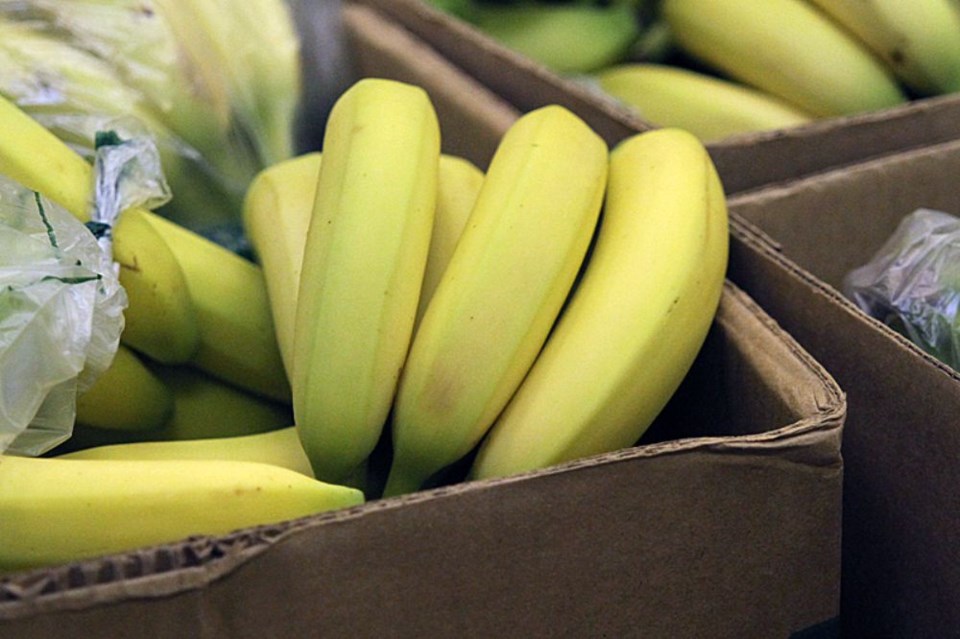THUNDER BAY -- The rising cost of food is making it tougher for Northern Ontario’s poor to eat a balanced, healthy diet.
According to a study conducted by the Thunder Bay District Health Unit, the average single man drawing an Ontario Works monthly cheque will actually find himself in the hole $167.39 trying to cover the cost of rent and a nutritious diet.
That leaves nothing extra to pay utilities such as heat and hydro.
In contrast, a family of four with earning the median Ontario income of $7,317 would have about $5,010 left over after paying rent for a three-bedroom residence and spending $873 on groceries each month.
Catherine Schwartz-Mendez, a nutritionist at the health unit, said the trend is disturbing. Food is getting more and more expensive, and incomes are remaining flat, especially those on social assistance or working minimum-wage jobs.
“We find every year that people are struggling to have enough at the end of the month to afford healthy food,” she said.
Schwartz-Mendez added the cost of their 67-item annual food basket, which includes things like fresh fruit and vegetables, pasta and rice, has risen 10 per cent in the last year alone. Prices were surveyed at five local grocery stores.
It’s not sustainable, she said.
“That is concerning,” Schwartz-Mendez said. “The issue is that social-assistance rates aren’t keeping pace with that.”
Gwen O’Reilly, the director at the Northwestern Ontario Women’s Centre and the administrator of the Good Food Box program, said eating healthy is getting harder and harder to do.
Her program, directed at people with low incomes, is becoming costlier to maintain, despite a $20 user fee that helps cover the cost of the fruit and vegetables included in their clients’ monthly hamper.
“We know that we have to provide subsidies for people who receive Ontario Works in order to provide them with a subscription program.
They can’t afford to hand over money and not get their food three weeks later.”
O’Reilly said there are too many people falling through the cracks, despite the programs set up to help them.
“We know the reason for that is that many people on Ontario Works, and even minimum wage, live far below the poverty line. It’s a basic problem of income,” she said.
The trend is troubling in Thunder Bay and throughout the North.
“It’s a big concern everywhere. And the further north you go the more of a concern it is. The food costs are 200 to 300 per cent higher in some of the Northern communities around us. Here in Thunder Bay food prices have gone up substantially,” O’Reilly said.
Affordable housing strategies, better employment insurance coverage and benefits and accessible and affordable child care are other solutions that could help ease the burden on the region’s poor.
